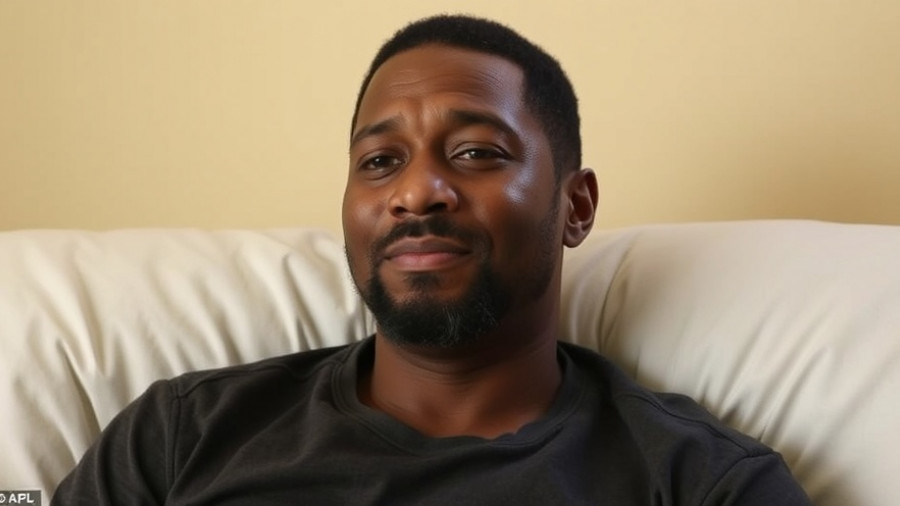
Understanding the Importance of Listening in Mental Health
Dan Jaffe's experience highlights the significant but often overlooked role of active listening in supporting mental health. In a societal landscape where distractions abound and emotional vulnerability is often discouraged, Jaffe’s story stands out as a beacon of hope. It emphasizes the importance of simply being present for someone in distress.
Insights on Men's Mental Health: Bridging the Gap
Men's mental health remains a pressing concern, with stigma often preventing them from seeking help. According to the HeadsUpGuys initiative, many men face a silent struggle with depression, anxiety, and other mood disorders. Jaffe's encounter echoes these findings, illustrating how a simple act of listening can be a critical intervention in such situations. As highlighted in numerous self-help articles, men often exhibit risk-taking behaviors or engage in substance abuse as a means of escaping their struggles, emphasizing the need for supportive environments where emotions can be openly discussed.
The Ripple Effect of Peer Support
Jaffe's decision to sit with the distressed stranger is a testament to peer support's transformative power. The National Institute of Mental Health states that peer support can significantly enhance recovery outcomes by fostering connections that diminish feelings of loneliness and isolation, particularly among men. The act of listening not only validates someone's experience but can also pave the way for further dialogue surrounding mental health. The importance of building spaces for open conversation about issues such as suicidal thoughts, self-harm, and grief is crucial in addressing societal stigma around men's emotional health.
Navigating Emotional Vulnerability: Challenges and Pathways
As represented in Jaffe's encounter, many men struggle with emotional expression rooted in cultural stigmas around masculinity. This emotional numbness can lead to detrimental consequences, such as increased feelings of hopelessness and worthlessness. Researchers emphasize that recognizing and normalizing emotional vulnerability is an essential step in enhancing mental health education and awareness for men. The stigma associated with seeking help often leads to exacerbation of conditions such as major depressive disorder, bipolar depression, and other mood disorders.
Understanding The Signs: Recognizing Depression
Many may not recognize the initial warning signs of mental health struggles, including significantly altered sleep patterns, persistent fatigue, and social withdrawal. Jaffe's learning moment with the stranger reveals how critical it is for both men and women to be cognizant of these signs not only in themselves but in those around them. Mental health awareness campaigns aim to educate individuals about symptoms of depression such as irritability, loss of interest, and concentration difficulties. Greater familiarity with these warning signs can empower individuals to seek help or provide assistance to others before situations escalate.
The Path Forward: Creating Supportive Communities
Ultimately, Dan Jaffe's story underscores the urgent need for systemic change in how society addresses mental health issues among men. Initiatives like HeadsUpGuys strive to create supportive environments that promote peer support and active listening. The resilience that emerges from these conversations can change lives. Communities must foster dialogue, ensuring that emotional struggles and mental health challenges are met with empathy rather than stigma.
Take Action: Support a Conversation Around Mental Health
If you or someone you know is struggling with depression or mental health issues, consider reaching out. Building a greater awareness of mental health resources and encouraging open discussions can significantly impact recovery. Don't hesitate to connect with peer support groups, engage in conversations about emotional well-being, or seek professional help to foster a healthier community.
 Add Row
Add Row  Add
Add 




Write A Comment